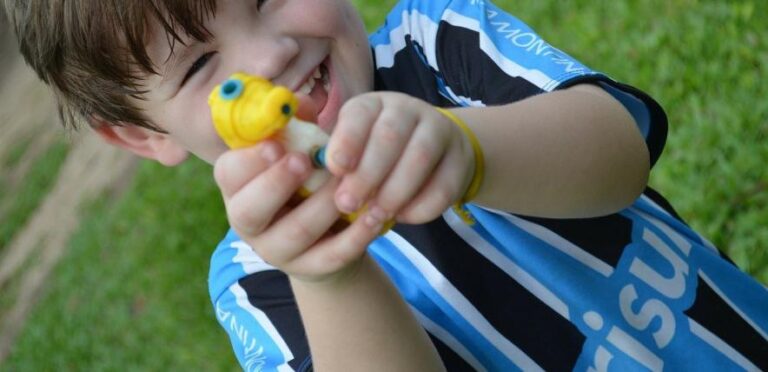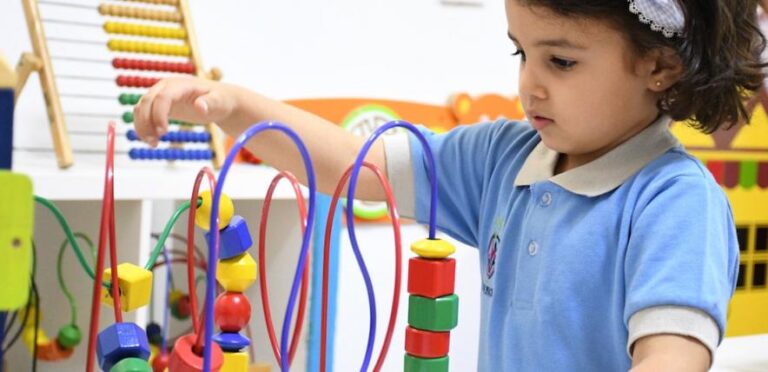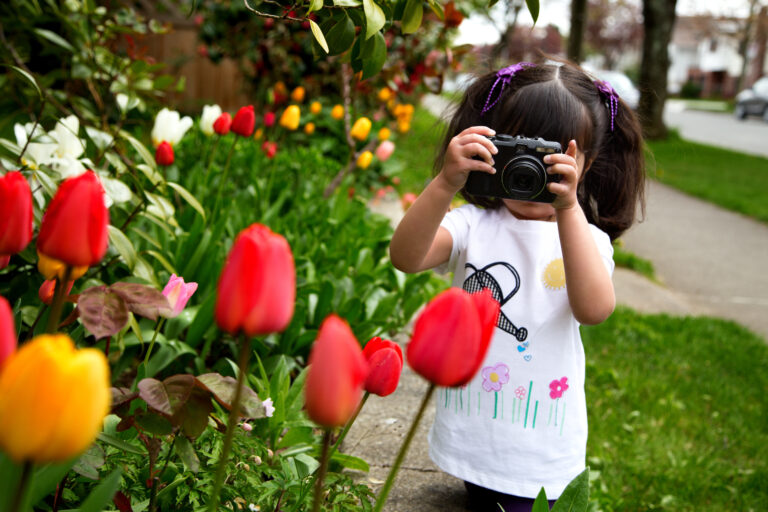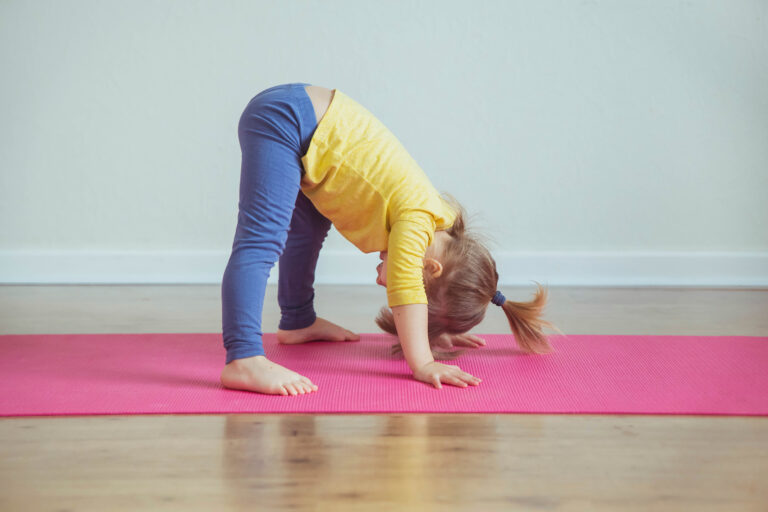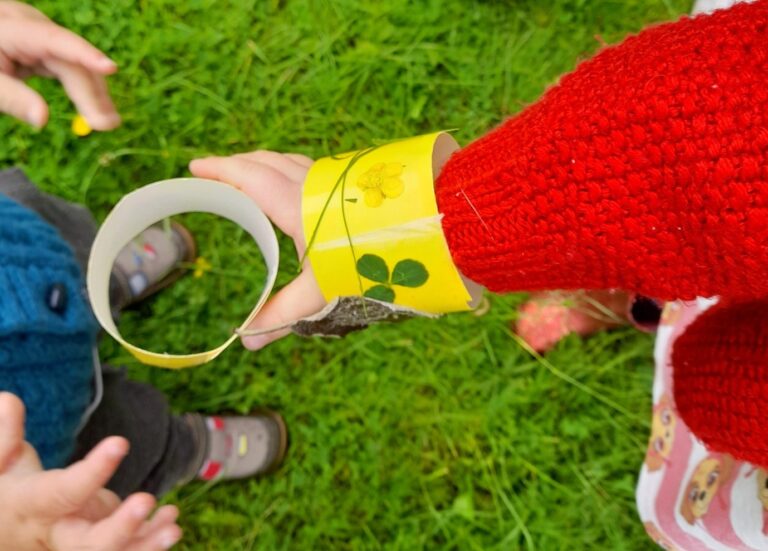By Nicole Weinstein
“As the road closure signs went out, the children screamed with utter delight. Within minutes children were bringing bikes out, water guns were squirting… the whole street was alive!” Emma Sarjo from Hull
Emma’s children were just 3, 7 and 9 when she organised the first Playing Out session on her street in Aysgarth, Hull.
Emma’s street is one of more than 1,000 street communities in the UK to take part in an initiative called Play Streets, where residents set up regular temporary road closures so that children can enjoy the freedom of playing out on their doorstep.
Every other Saturday afternoon – pre-Covid – Emma’s street turns into safe playground, free from traffic, where all children, from newborns to 14 year-olds, play together.
“The best thing to come from this is the fact that everyone knows each other and the older children look out for the younger ones. Our street is quite quiet but when a car comes, they shout ‘car’ and move onto the pavement. They’ve learnt how to play safely on the street from the stewards, who are the neighbours who man the exits during Play Street sessions,’ Emma explains.
When the first session took place in 2018, Emma’s youngest child was aged three.
‘He used to just sit at the window watching his older brother riding his bike or sitting on the wall chatting with his friends. It wasn’t always possible for me to go out with him. But when Play Streets started, he was part of the action. His favourite activity was being pushed down the road in his toy car. Children lined up to take turns – and this went on for hours. The elderly residents also got involved and played football with him with a mini goal we set up. He loved the skipping rope which came free with the Play Streets pack and liked to jump over it pretending it was a snake.’
Residents are looking forward to spending this Summer interacting with their neighbours on the doorstep.
‘Neighbours young and old keep asking when we will be able to start it back up again,’ Emma says. ‘My youngest recently turned 5 and got his first bike, which he can’t wait to ride when we start playing out again.’
What are the benefits of Play Streets for Under 5s?
There are many benefits to playing out on your doorstep – not just for the children, but for parents, too.
Alice Ferguson, co-director of Playing Out, the organisation that campaigns for children’s right to play outside freely, says, ‘Children need the chance to play out near their home – for their health, happiness, development and sense of community. The pandemic has meant that they’ve had long periods inside, unable to see their friends. Now it’s time to give something back to help them recover from the past year: we want them to have a summer of play – and setting up a Play Street is an ideal way to do this.
‘It’s a joyous occasion to see communities coming together. We’ve seen babysitting circles develop between parents; friendships blossom and heart-warming intergenerational interactions.’
The benefits of a Play Street
- Easy access: children can stroll in and out of the house when they want a snack or a trip to the toilet
- Transporting toys and games from indoors to out: young children love to load up dolls prams; trolleys and mini wheelbarrows with toys or household items and simply push them around or unload the items. Being so close to their home gives them more freedom to choose what to play with – and how
- Wheeled toys: they can zoom up and down the road on their scooters and balance bikes in the knowledge that the road is safe from traffic
- Free play: there’s an emphasis on free, child-led play over a short period of time – usually between one and three hours. Children are in control of what they do, which is good for developing their sense of independence
- Games: cardboard boxes are favourites for play streets, as they become vehicles or dens or princess towers. Chalk is another popular choice, used to play hopscotch or draw pictures on the pavement.
- Time and space: sometimes the smallest journeys can take an unprecedented amount of time with a toddler in tow, who becomes captivated by colony of ants or a shiny stone on the pavement. In this environment, children have more time to explore their surroundings without being moved on
- New skills: one play street received some help to start growing vegetables and made planters in their front gardens which inspired conversation as they shared tips
- Social: all children – regardless of race or background – get to play out as part of their everyday lives, in the same way that their parents did when they were young
- Community: children get to know their neighbours and mix with children of all ages. They also begin to develop an understanding of their immediate environment, which is important as they reach school-age
- Networks: parents meet and form support groups, such as babysitting circles
- First step to freedom: parents build up their confidence in allowing children a sense of freedom in a safe environment, which paves the way for allowing their children to have more freedom in the future
How do I go about setting up a Play Street?
It’s a good idea to get a few neighbours on board who see the benefits of this initiative and then approach the council to ask permission to run a Play Street.
There are 86 councils that now have Play Street applications online but most councils have applications for street parties, so you could start there and run a one-off street play session this Summer, as a taster.
To run regular Play Streets, you will need to have buy-in from the residents and volunteer stewards to monitor the road closure.
Residents do not have to move parked cars and they can still drive in and out of the street at walking pace.
Step-by-step videos on how to set up a Play Street can be found on the Playing Out website, along with a list of local authorities that support street play.

